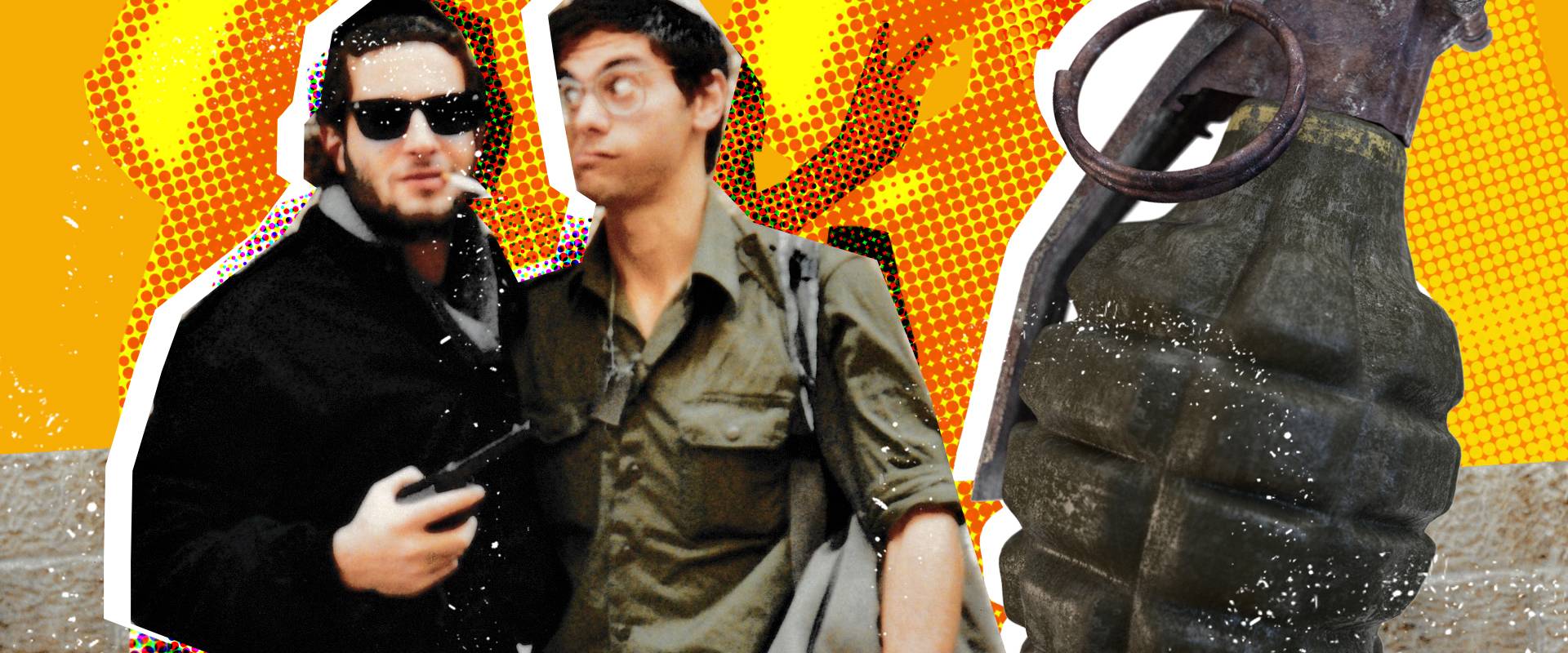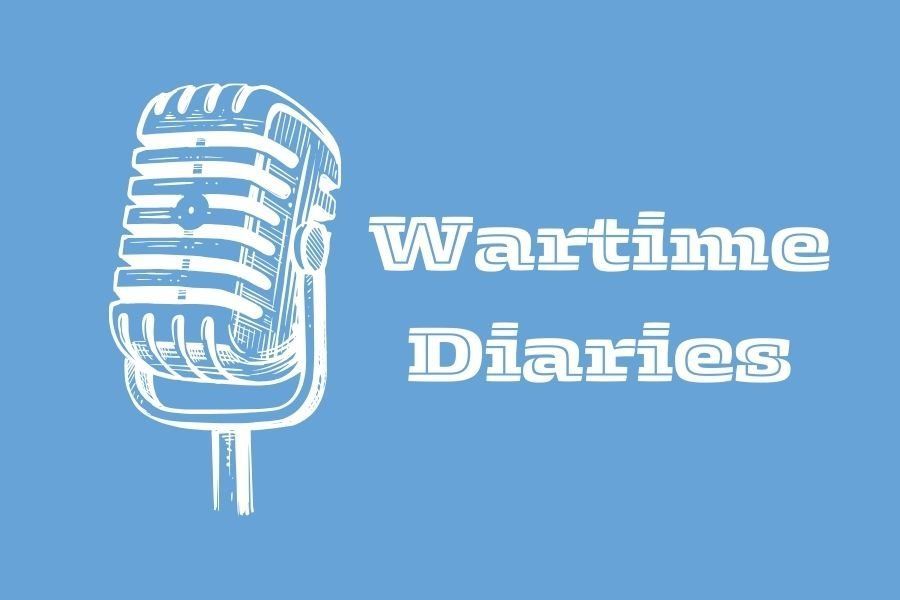Explosive Confession – A Yom Kippur Special
- 31:20
- 2019

In 1989, Robby Berman – a recent Yeshiva University grad and enthusiastic Zionist – made aliyah and was drafted into the IDF. But nothing in his basic training prepared him for the blood-chilling discovery he made in his friend Tom Cole’s Old City dorm-room. There, dangling from the ceiling, Robby saw what looked like a round Hershey bar. But it wasn’t. Instead, he immediately realized, it was a forgotten WWII hand grenade. Old and rusty, perhaps, but still fully operational. And how does one get rid of a hand grenade? Thirty years after the dramatic events of that evening, and just in time for Kol Nidre, Robby finally comes clean.
In one version of his life, he spends years in jail, as a homegrown terrorist. In the other, he walks away scot-free. What set his life on one path and not the other? In his first-person narrative, Robby answers that question and revisits his encounter with a real-world Detective Columbo.
This is the second of our listener drive specials. The Israel we try to explore is all about its people, about its diversity and complexity. About a place that’s both genuinely wondrous and utterly messed up. That cracks you up one moment, and brings you to tears the next. That’s heartfelt, bizarre, and interesting. So, on the eve of the Day of Atonement, as we open up our hearts and think back to our own story in the past year, please consider donating. Listener support is what makes our show possible.
Credits
Joel Shupack edited and produced this piece, with help from Yochai Maital, James Feder and Zev Levi. Joel also arranged the scoring with music from Blue Dot Sessions. The special was recorded in Ben Wallick’s studio and was mixed by Sela Waisblum. The end song is Shoshana Damari’s version of “Etz HaRimon“ (‘The Pomegranate Tree’), which was written by Yaakov Orland and put to a traditional Buchari tune.

 Wartime Diaries
Wartime Diaries

